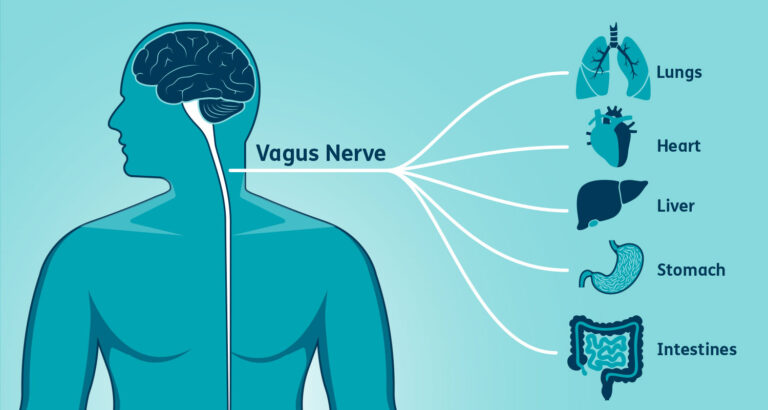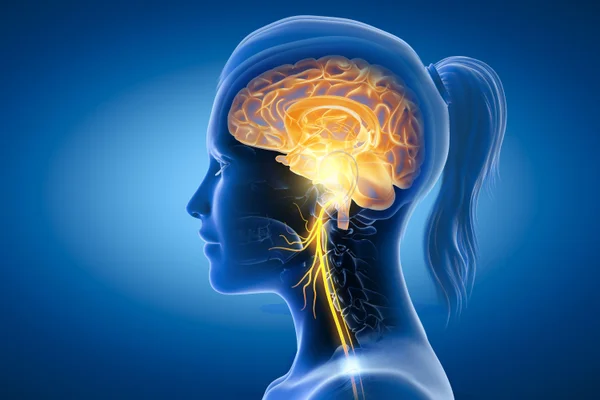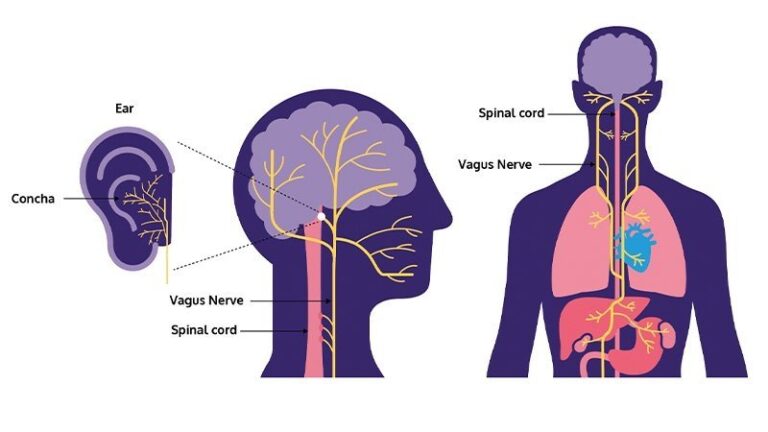Harnessing the Power of the Vagus Nerve: A Revolutionary Approach to Medical Treatment
The vagus nerve, also known as the 10th cranial nerve, is one of the most important and fascinating nerves in the human body. It is a long and meandering nerve that runs from the brainstem through the neck and into the abdomen, branching out to various organs including the heart, lungs, and digestive system. While traditionally known for its role in the parasympathetic nervous system, which regulates rest and digestion, recent research has uncovered its potential in medical treatment through a process called vagus nerve stimulation (VNS).
Understanding Vagus Nerve Stimulation (VNS)
VNS involves the use of a device to send electrical impulses to the vagus nerve, usually through a small implant placed under the skin in the neck. These impulses then travel along the nerve to the brain, where they can modulate the activity of various brain regions and neurotransmitter systems. VNS has been used primarily as a treatment for epilepsy and depression, but its applications are rapidly expanding into other areas of medicine.
Treating Epilepsy: A Pioneering Application
One of the first and most well-established uses of VNS is in the treatment of epilepsy, particularly in patients who do not respond well to medication. VNS works by reducing the frequency and severity of seizures, potentially offering a life-changing treatment option for those with drug-resistant epilepsy. The exact mechanism of action is not fully understood, but it is believed that VNS can help stabilize abnormal electrical activity in the brain.
Revolutionizing Depression Treatment
VNS has also shown promising results in the treatment of depression, particularly in patients who have not responded to traditional antidepressant medications. By modulating the activity of the brain’s mood-regulating centers, VNS can help alleviate symptoms of depression and improve overall quality of life. Some studies have even suggested that VNS may have neuroprotective effects, potentially slowing the progression of depression over time.
Exploring New Frontiers in Medical Treatment
Beyond epilepsy and depression, VNS is being investigated for its potential in treating a wide range of medical conditions. Research is ongoing into its use for conditions such as chronic pain, Alzheimer’s disease, inflammatory disorders, and even obesity. The ability of VNS to modulate the activity of the immune system and reduce inflammation has sparked interest in its potential for treating autoimmune diseases and other inflammatory conditions.
Challenges and Future Directions
While VNS shows great promise as a medical treatment, there are still challenges to be overcome. The exact mechanisms of action are not fully understood, and more research is needed to optimize its use and expand its applications. Additionally, VNS is not without side effects, which can include hoarseness, coughing, and shortness of breath. However, these side effects are generally mild and well-tolerated.
Looking ahead, the future of VNS in medical treatment is bright. As researchers continue to unravel the mysteries of the vagus nerve and its role in health and disease, we can expect to see new and innovative applications of VNS that could revolutionize the field of medicine. Whether it’s treating epilepsy, depression, or other chronic conditions, VNS offers a promising new approach to improving the lives of patients around the world.





